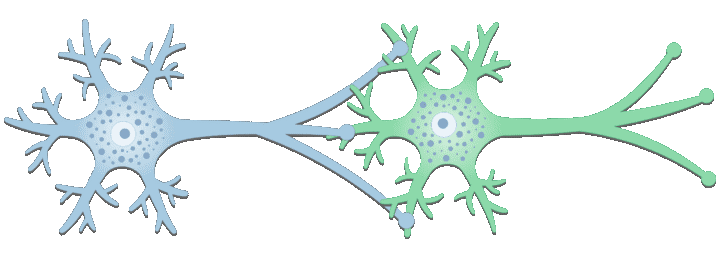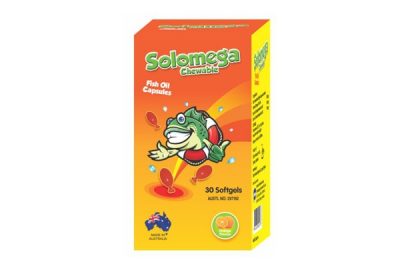
Child’s Learning Milestones - Doing the Right Things Early
Baby Brain Development – Head start Matters
We all know that the brain is a command room of the human body. From birth to age 5, a child’s brain develops much more than at any other time in a human’s life. It has been reported in many works of literature that up to 90% of brain development occurs before a child starts kindergarten. Early brain development may have a long-lasting impact on the learning ability of child, which could influence his success in the later stages of life.
All the brain cells which are called neurons are present in the newly born baby and remain with them throughout their life. But the connections between these neurons (medically termed as ‘synapse’) are important and responsible for driving the brain to work. (refer figure 1). Brain connections make the child & a person move, think, learn, process, and communicate.

Figure 1: Neurons and their Neural Connections
Source: www.getbodysmart.com
Initial years of life are crucial for making these neural connections. It is cited that more than one million new neural connections (also called synapses) are made each second 3, much more than in any other time of life.
The development of neural connections depends upon the child’s daily interactions and experiences. Such a developed connection then lasts for a lifetime. Therefore, the reception of appropriate care, stimulation, and heterogenous engaging interaction in the early years of a child’s life serve as drivers of overall brain functions.1
Major Factors affecting the Development of Baby’s Brain
In addition to genes, the following factors could affect brain development:
- Proper nutrition starting from pregnancy or even the pre-conception period
- Exposure to toxins or infections
- Environment for stimulating experience & interaction with surroundings
Omega-3 Fatty Acids for Baby’s Brain Development – Review of Evidence
Many nutrients are needed for cognitive development and healthy brain function, and Docosahexaenoic acid (DHA) is one of them. DHA, a type of omega-3 fatty acid, is one of the most important fatty acids in the brain, and since, the human body does not produce enough on its own, so kids require it to be supplemented through external supplantation to meet the body’s requirement. DHA can be taken from foods such as salmon, tuna, and omega-3 enriched eggs.
Omega -3 or DHA supplements from fish sources are often associated with a fishy after taste, which probably turns the baby down to continue consuming it. Tasty formulations of omega-3 fatty acids are indeed appealing to children and may ensure to meet the regular DHA needs, indeed critical in early life
Eicosapentaenoic Acid (EPA) in addition to DHA is also beneficial for the structure and function of the baby’s brain. Other nutrients such as may B vitamins, vitamin E and vitamin D may also have a reported role in the development and functioning of the brain.
Take-Home Message
Provide your child with a healthy social environment to facilitate stimulation and experiential learning throughout childhood. A balanced diet and appropriate nutrients are necessary right from the time of pregnancy planning. Nutrients like omega 3-fatty acids, DHA &EPA may render utility through childhood and may support the brain’s healthy structural and functional development.
Adopting optimal strategies and doing such right things early could potentially help give baby’s brain a healthy kick start.
References
- https://www.unitedwaytv.org/brain-development-children. Accessed on 15th march’21, 1:25pm.
- https://www.cdc.gov/ncbddd/childdevelopment/early-brain-development.html. Accessed on 15th march’21, 1:25pm.
- https://developingchild.harvard.edu/resources/inbrief-science-of-ecd/#:~:text=The%20science%20of%20early%20brain,a%20prosperous%20and%20sustainable%20society. Accessed on 15th march’21, 10:00am.
An Awareness Initiative from Makers of:


Product of:

Zifam Pinnacle Pty Ltd,
Sydney, Australia



